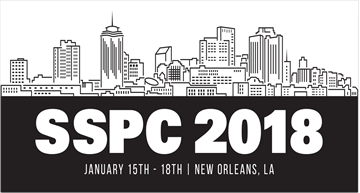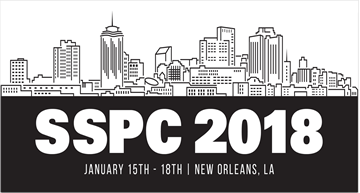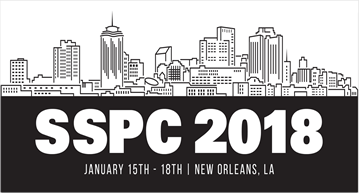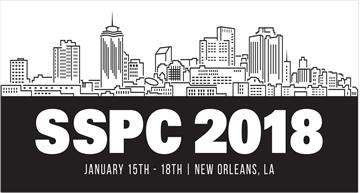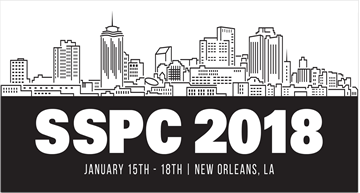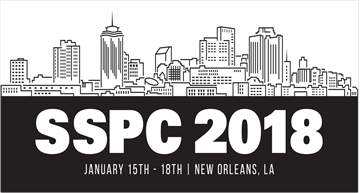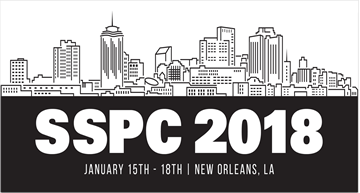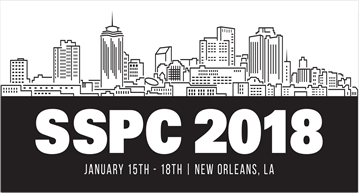Search
Products tagged with '2018 Conference Papers'
View as
Sort by
Display
per page
Use of accelerated weathering testing to reduce risk for new topcoat standards and specifications
Product Number:
51218-168-SG
Publication Date:
2018
$20.00
USING A CLIMATE CONTROLLED APPLICATION CHAMBER TO UNDERSTAND COATING DYNAMICS
Product Number:
51218-101-SG
Publication Date:
2018
$20.00
Visual Determination of Film Thickness via Real-Time Enhanced Digital Imaging
Product Number:
51218-147-SG
Publication Date:
2018
$20.00
WATCHING PAINT DRY: IT IS NOT AS SIMPLE AS IT SOUNDS
Product Number:
51218-112-SG
Publication Date:
2018
$20.00
What is So Special About Nuclear Coatings?
Product Number:
51218-133-SG
Publication Date:
2018
$20.00
Why Certified Inspection Should be Written into Coating Specifications
Product Number:
51218-091-SG
Publication Date:
2018
$20.00
Writing Effective Corrective Actions Workshop
Product Number:
51219-170-SG
Publication Date:
2018
$20.00

